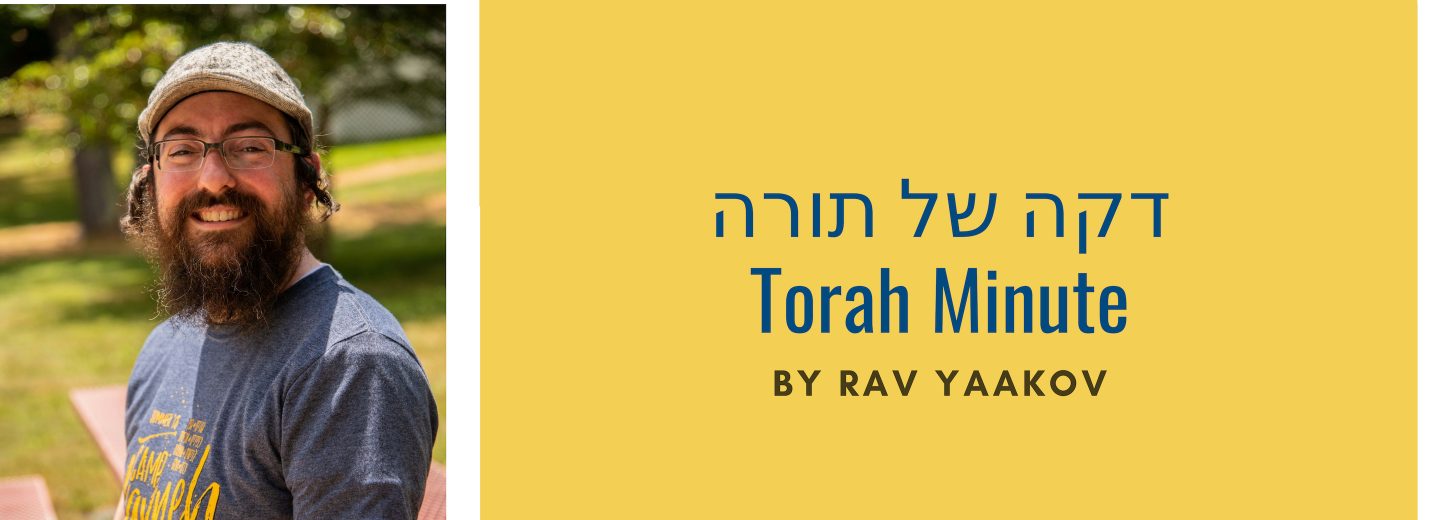The Lonely Incense
This week’s parsha continues to discuss the Mishkan. Last week we learned how to build it, and this week we’re taught what to do in it — all of the rituals, everything the Kohanim would do as they went through the daily avodah, or service, in the Mishkan. Most of the service was centered on the large altar out in the main courtyard where the people would bring their animals to be sacrificed. All the way at the end of the parsha, there’s a small part, that comes off almost as an afterthought, about the avodah performed at the second altar. This altar was much smaller, and inside the Tent of Meeting in the inner part of the Mishkan, right outside the Holy of Holies. The smaller altar was used to burn incense every day, as a “sweet smell for God.”
Chassidic thought teaches that the incense altar is discussed at the very end of the parsha to set it apart, to show that it was special and unique among the other elements of the Mishkan. What set the incense altar apart? Every other bit of avodah that happened in the Mishkan every day happened with multiple people around, either Kohanim or members of the public. But when the incense was burned in the Mishkan at this inner altar, it was done privately, by a single Kohen. This was the one ritual that nobody else was witness to beyond the Kohan performing the ritual and God. It was a private, intimate moment, a still small voice with no one else there to observe. We learn that this act is what made the Divine Presence be felt most strongly in the Mishkan.
There are so many ways we can do good things in public, and there is also a virtue of mitzvot being performed in private, without anyone else witnessing. Modesty is a good value to have in the way we do mitzvot and how we treat each other. One can do things for one’s community in a way everyone can see, for which one is acknowledged, which is a good thing. It’s a normal human desire to want recognition for what one contributes to the world. It would be awful to go through life and never be seen for the good things one does, big and small. There are also mitzvot that explicitly call us to show them to the world, like lighting the chanukiah in our windows to publicize the miracle of Chanukah. But modesty is a value in and of itself that should be in balance in every mitzvah we do. The avodah of the incense altar teaches us that sometimes it’s actually in the modest things one does unassumingly for one’s community that nobody knows about and nobody sees that can have the biggest impact.
Questions for the Shabbat Table:
- What is something that you have benefited from, that you never knew who was responsible?
- What is something that you could do in camp this summer that would benefit your community, but which nobody would know about?




